The basics of skincare involve a routine that helps maintain healthy skin, prevent various skin issues, and slow down the aging process. Here's an outline of fundamental skincare steps:
Cleansing
This is the first and crucial step in any skincare routine. Cleansing removes dirt, oil, and other unwanted debris. Daily facial washing helps to clean the skin by removing impurities, maintaining a clear, healthy complexion. It's typically done twice a day, morning and night.
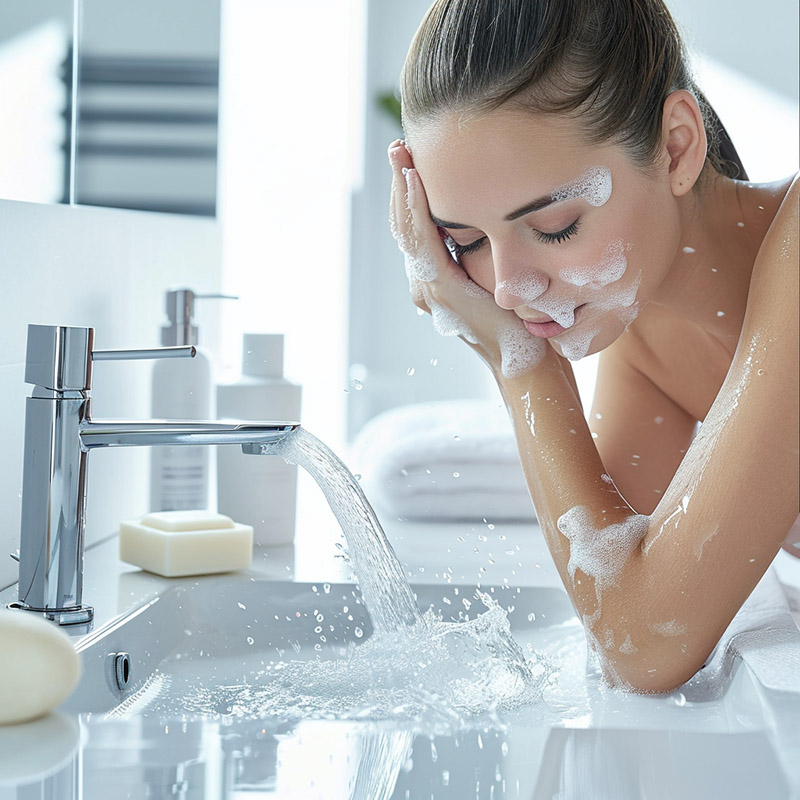
Toning
After cleansing, a toner can be used to remove any remaining bits of oil, dirt, and debris left behind by the cleanser. More importantly, it can help to soothe, hydrate, and balance the skin's pH levels. Toners often contain ingredients that replenish and restore nutrients to the skin and can diminish redness and dry patches.
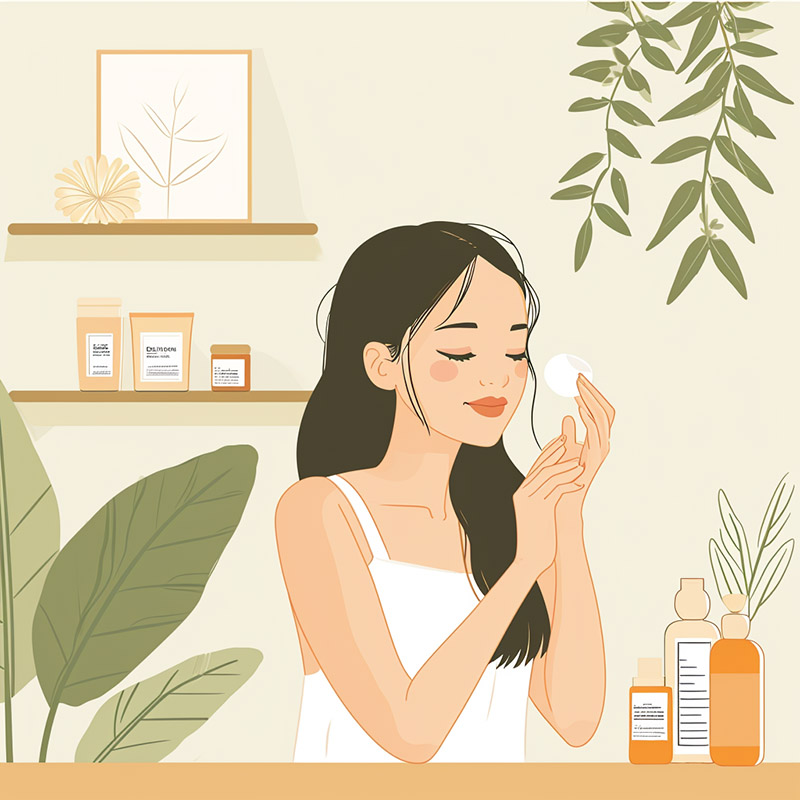
Moisturizing
Moisturizers hydrate and soften the skin. They prevent your skin from drying out and help to maintain its natural moisture levels. It's vital to moisturize every time you wash your face, even for oily skin types. For daytime, use a lighter moisturizer that will soak in quickly and won't cause pilling under makeup.
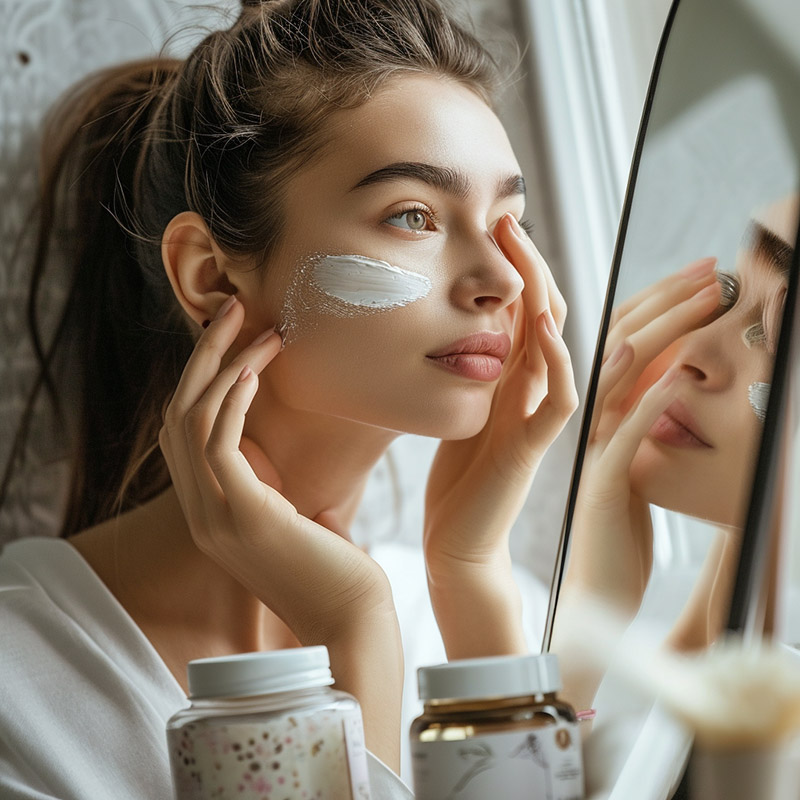
Sun Protection
One of the most crucial steps in your skincare routine should be applying sunscreen every day, even on cloudy days and in winter. Sun exposure can cause wrinkles, sunspots, and increase the risk of skin cancer. Using a broad-spectrum sunscreen with at least SPF 30 will protect your skin from harmful UVA and UVB rays.
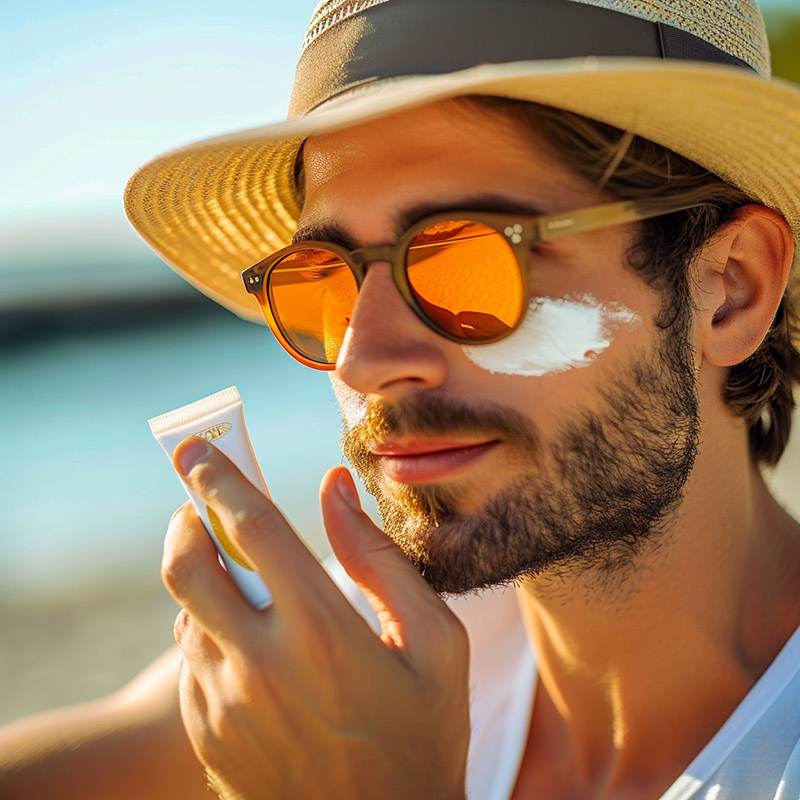
Exfoliation
This is not a daily step but an important one. Exfoliating the skin 1-2 times a week helps to remove dead skin cells from the surface. This unclogs pores, prevents acne, allows other skincare products to penetrate more deeply, and leaves the skin looking smoother and more radiant. Be cautious not to over-exfoliate as it can lead to irritation and sensitivity.
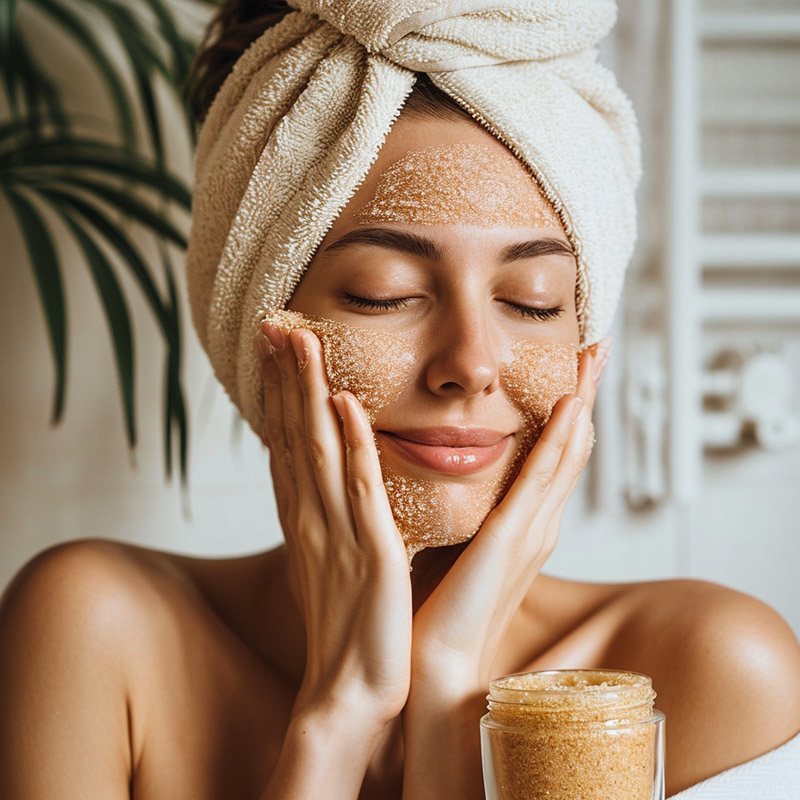
Treatment
This step includes targeted treatments for specific skin concerns. It could be applying serums or creams that address issues like acne, dark spots, fine lines, and wrinkles. Ingredients like retinoids, hyaluronic acid, and vitamin C are common in treatment products.
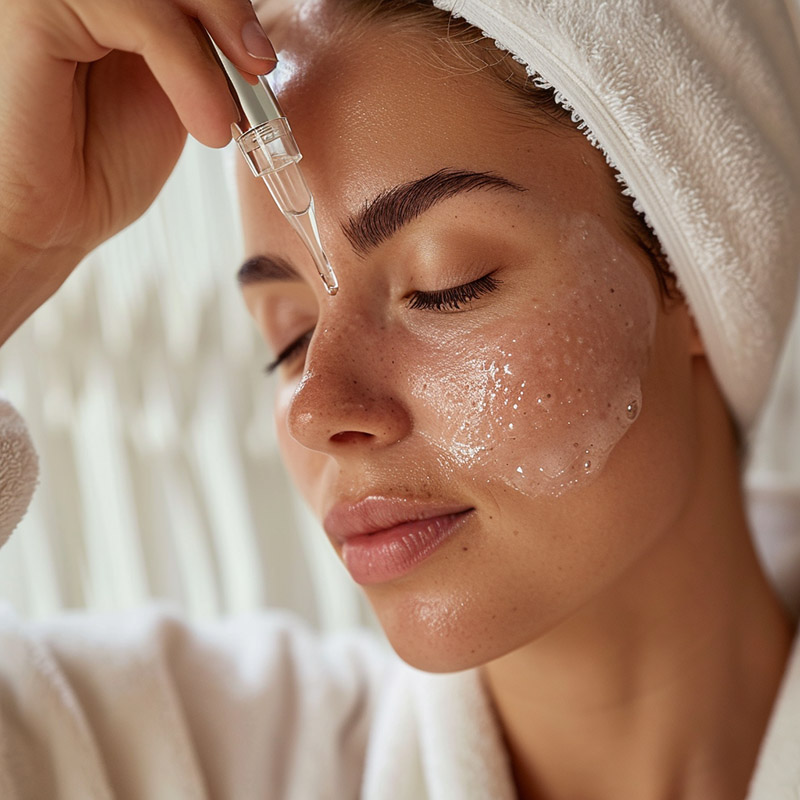
Healthy Lifestyle
Besides topical treatments, a healthy diet, adequate hydration, sufficient sleep, and stress management also play vital roles in maintaining healthy skin.

Everyone's skin is different, and your skincare routine may need to be adjusted based on your skin type (oily, dry, combination, or sensitive) and any specific skin conditions you might have. It's always a good idea to consult with a dermatologist or skincare professional for personalized advice.